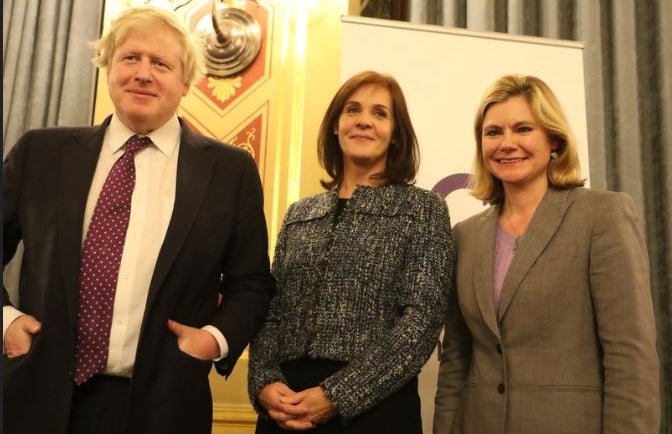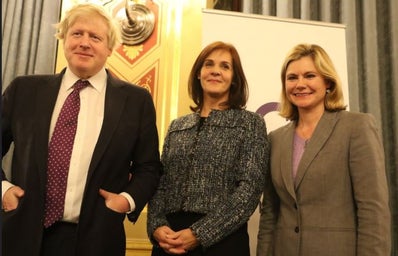This year, on International Women’s Day, Boris Johnson came out as feminist. ‘Phew!’, you might say; ‘Hallelujah!’, we should hear resounding. ‘After the year we’ve had, a feminist in power will make a real difference!’, must surely be the common chorus.
Indeed, this year has been a tough one for women. The pandemic has revealed a lot about our situation. 56% of Britain’s part-time workforce are female, meaning that, not only are they more susceptible to furlough and job loss, but they are also more likely to be trammelled by the extra burden of care Covid has caused. The 61% increase in demand for food parcels is comprehendible when we think of the 1.5 million single mothers in the UK who have been thrust into a state of limbo; tasked with the impossible juggling act of home-schooling and earning.
Latent misogyny has also burst its seams. The tragic deaths of Sarah Everard, Nicole Smallman and Bibaa Henry have sparked revelatory conversations on the safety of women in public spaces. Seven out of ten females have experienced sexual harassment; one in ten have been sexually assaulted. As I am writing, further investigations are being made into the unbelievable amount of sexual harassment claims in schools. But it’s not only public places. Calls about domestic violence have soared by 12% since the start of the pandemic, and latest statistics have shown that the one place we should feel most safe, our homes, is also where women are most likely to be murdered.
So with female progress perched precariously on a wobbling economy, with rape culture rearing its ugly head – it seems that now would be a good time for us to have a truly feminist Prime Minister. But is Boris our man?
It is true that he is expanding the provision of rape crisis centres, and he has opened a specialist unit in the police specifically targeted at tackling rape and sexual assault accusations. Fair play Boris – anyone with eyes could see that it needed doing and should have been done long ago. Most reported rapes aren’t solved, and most unreported rapes are so because the victim is embarrassed, or they didn’t think the police will help.
But I’m afraid, if you’re looking for further proof of Boris Johnson’s feminist propensities, then the only thing I can offer is that he was once photographed wearing a t-shirt that read : ‘A Woman’s Place is in the House of Commons’.
In fact, the un-feminist things Boris has said and done far outweigh the feminist. At the 2012 Olympics, he described “semi-naked” female volleyball players as like “glistening wet otters”. He called David Cameron a “girly swat”. He said Hilary Clinton was “a sadistic nurse in a mental hospital”; like “Lady Macbeth, stamping her heels, bawling out subordinates and frisbeeing ashtrays at her erring husband”. He sneered that “voting Tory will cause your wife to have bigger breasts”. He said that the reason more Malaysian women were attending University is because “they have got to find men to marry”.
He has always abstained from votes on abortion, including the one for Northern Ireland, where it was only decriminalised in October 2019. He refrained from voting on a voyeurism bill regarding ‘upskirting’, (the act of taking a photograph underneath a person’s skirt without their consent). He voted against the removal of tampon tax. Indeed, as Boris has seemingly failed to recognise, period poverty is a pernicious issue. 1 in 10 girls cannot afford to buy menstrual products meaning that, on an almost monthly basis, they miss a week of school.
These, I think you will agree, are not the actions of a feminist. A feminist would not pat themselves on the back for having a House of Commons consisting of merely 34% women as Johnson has done: “this is an all-time high”. Boris seems to think he can smooth over his sexist words with the term as you might bandage an amputated leg. But it’s not that easy. Until Johnson lives up to the title he has performatively given himself, until he adheres words to actions, he cannot be recognised as a feminist.


